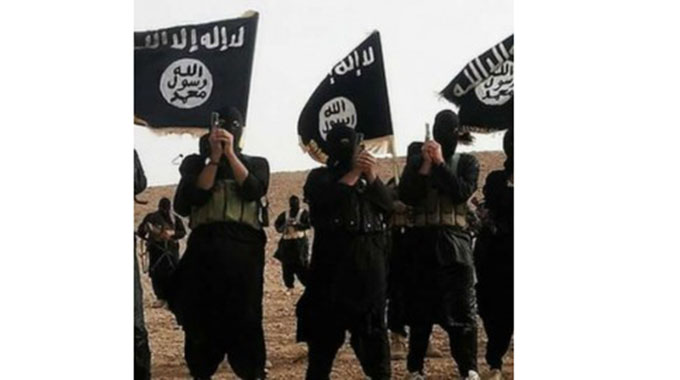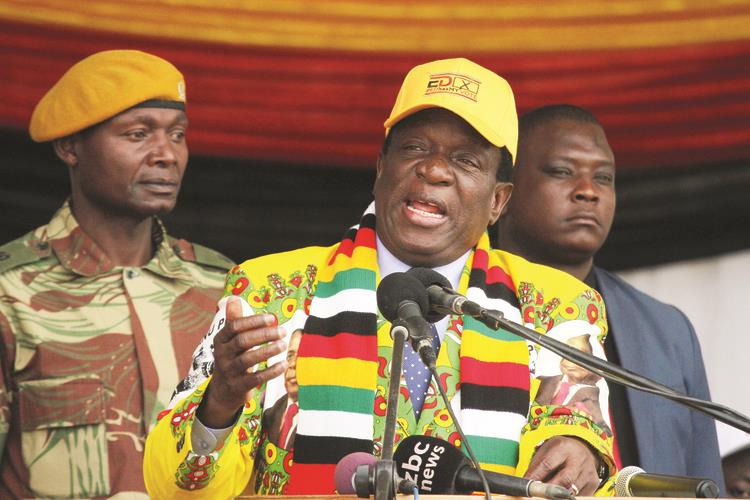EDITORIAL COMMENT: Terror attacks in Moza need monitoring

Disturbing events in Mozambique’s Mocímboa da Praia area in the Cabo Delgado region, close to Tanzania, have hogged the limelight since October 2017. However, the past few weeks have seen an escalation in attacks by alleged jihadist insurgents.
These attacks have created scary news headlines from both the local and international media: “Suspected Islamists behead 10 in Mozambique village: state radio”; “Is northern Mozambique faced with an emerging extremist threat?”; “Beheadings signal threat to Mozambique’s $30 billion bonanza”; “New ISIS cell in Mozambique: Expansion claimed after beheadings”; “Rising violence plagues resource-rich Mozambique”; “Police Kill 9 ‘insurgents’ in Mozambique”; “How Mozambique’s smuggling barons nurtured jihadists”; “Mozambique’s new opposition leader goes into hiding” and more.
The attacks come a few months after the death in May of rebel leader turned opposition politician Afonso Dhlakama, which signalled a turning point in prospects for peace in Mozambique.
When the first attack was reported in October 2017, most readers thought it was perpetrated by Renamo that has been fighting the Frelimo government since Mozambique attained independence in 1975. But the attackers are now believed to be Islamic extremists.
After reading and watching the destruction by terrorist groups such as Boko Haram in Nigeria and its neighbours; Al-Qaeda, Al-Shabaab in Somalia and neighbouring countries and ISIS/ISIL, it was unthinkable that an insurgency like the one reported in Mozambique could become an issue in the region.
But from reports, since the beheading of 10 villagers was reported a few weeks ago, it looks like there is an escalation in the trend.
Although the Mozambican security forces are doing their best, for now the insurgents seem determined to kill ordinary people and destroy their homesteads.
The most recent report was early this week, when machete-wielding extremists hacked to death about 10 people and torched more than 160 houses.
After the five-decade Renamo insurgency, we are questioning whether Mozambique is entering another invisible security threat, which for now is restricted to one region. Not just Mozambique, but the whole Sadc region?
What do the alleged jihadist attacks mean for regional peace and security? Is this a security challenge that will be quickly dealt with?
Reports claim that the insurgents are Islamic extremists whose first targets were security forces in the region, but now they are beheading ordinary villagers, including women and children.
Although the inhabitants of Cabo Delgado province have given them the moniker Al-Shabaab, analysts claim that they do not have any affiliation with the terrorist group of the same name that has terrorised the people of Somalia.
Those that have studied the group’s activities, including an analyst writing for the Daily Maverick newspaper, allege that their actual name is Ahlu Sunnah Wa-Jamo (Shabaab) and that they do not have a “well-defined doctrine.”
“Ironically, the lower the level of religious knowledge the easier it is for young people to succumb to propaganda and seeking a ‘self-defined’ religious objective”, says the Daily Maverick report.
As we watch and study the developments, other crucial questions to ask are: Are we likely to see an increased magnitude in the insurgency? Who are these terrorists affiliated to, and if they are being sponsored, who is sponsoring them and why? What is the possibility of the insurgency spreading beyond the Cabo Delgado Province?
A number of reports acknowledge that Cabo Delgado is one of the richest regions in Mozambique, but still mired in poverty and youth unemployment and these are people that can be easily manipulated by all sorts of doctrines.
What does this mean for Mozambique’s economic growth and development? Will this affect investment in Mozambique and the region?
We are not trying to be alarmist, but pointing out the reality, for all the terrorist groups started in a small way like the one in Cabo Delgado. So, what lessons can be drawn by neighbouring countries, Zimbabwe included?









Comments